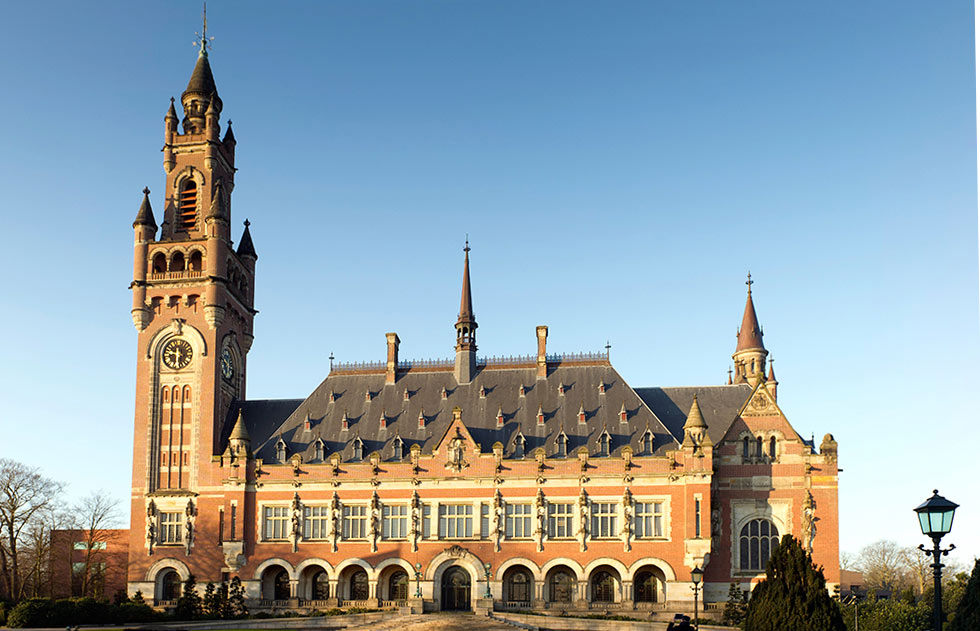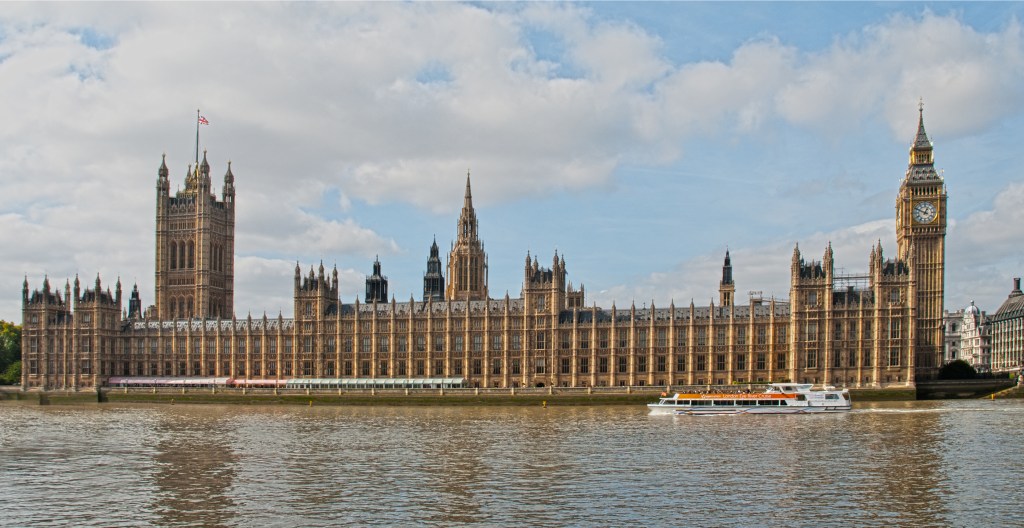David Wolfson KC, Lord Wolfson of Tredegar, Shadow Attorney General, and Michael Ellis KC, Attorney General from 2021 – 2022, have written to Labour’s Attorney General Richard Hermer KC regarding the government’s decision to recognise Palestine at the UN General Assembly meeting in September. We highlight this here because Lord Wolfson has recently given an interview on Law Pod UK setting out some of the differences between him and Richard Hermer on what they deem to be the proper boundaries of international law.
They commence their letter with the following statement:
“The recognition of a foreign state is a prerogative act, exercised by the Government. The long-standing position of the UK Government has been that the UK will recognise a state if four criteria are met, often referred to as the Montevideo criteria: ” it should have, and seem likely to continue to have, a clearly defined territory with a population, a government who are able of themselves to exercise effective control of that territory, and independence in their external relations”.
In their view, the position taken by successive UK governments until 2025 was that the Palestinian Authority has been both factually and legally unable to exercise a range of governmental functions in the West Bank,
The PA, they point out, has also, “of course, lost control of Gaza to Hamas”.
They therefore pose a number of questions, as to whether the government is applying a different basis of statehood and recognition, and on what basis.
“If the new policy is that protracted frustration of self-determination justifies recognition of statehood regardless of facts on the ground, why is the UK refusing, for example, to recognise Western Sahara as a state?”
They urge the Attorney General to explain how, as a matter of international law, steps taken by Israel can themselves lead to the non-recognition of Palestine. In this case it would seem to be that by declaring a ceasefire, Israel could avoid the “punishment” of Palestine being recognised as a state. This, in the authors’ view, is an incoherent interpretation of international law – “the Government, so vocal when it comes to public pronouncements of general legal principle, appears to lose its voice.”
They conclude their letter with the following paragraph:
“The position of the UK government in recognising Palestine while hostages remain in dungeons in Gaza is shameful. That is a matter for your private conscience. But we believe that the Government’s policy on this issue is also a significant change from the UK’s policy as long stated and understood. That is something which you ought to explain, in public, to Parliament.”
Whatever your position on the conflict, it is worth reading the letter in full, to understand the UK’s policy on statehood recognition as set out by a written answer in the House of Commons in 1986, and in several subsequent communications.
The response to the points raised in this communication will no doubt add to the warp and weft of international law and its varying interpretations in Westminster. There can be no doubt that policy on this issue is governed not by law, but by politics.
A debate in the House of Lords on this issue would be of considerable utility to all lawyers interested in this area.
The post A few questions for the Attorney General appeared first on UK Human Rights Blog.




